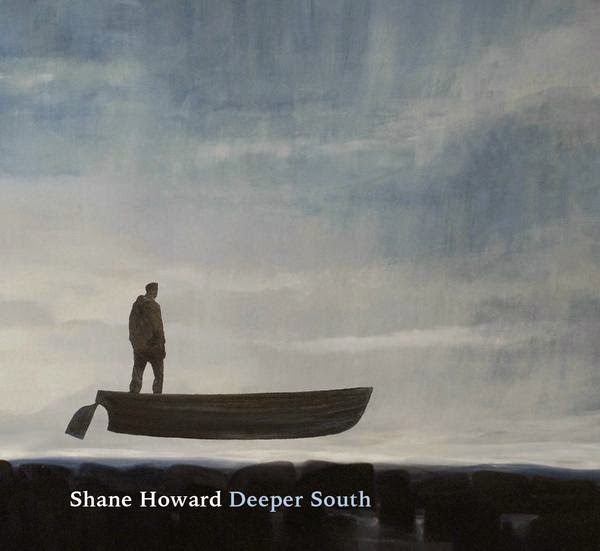Didn’t feel I would dislike – the songs have their own form - but had obvious doubts about a whole album of mostly Neil Young covers. After a first full listen I am drawn agreeably to these jazz[y] interpretations/renditions, Swedish chanteuse Ida Sand’s fulsomely smooth vocal glossing the tunes with respectful depths. That jazz infusion is more in instrumental accompaniments rather than the singing where Sand avoids overtly unusual phrasings, as with the fine tenor saxophone solo by Per Texas Johansson on Harvest Moon. There is funky wah-wah guitar by Olaf Gustafsson on Woodstock [Joni Mitchell], the background soulgospel chorus accompaniment adding umph. Opener Cinnamon Girl is perhaps the most defined as interpretation where the pace has been slowed and the wah-wah guitar joined with keyboards by Jasper Nordenström leads to an effects-driven solo on either of these [not sure which].
The ultimate personal test is on covers of Only Love Can Break Your Heart and Ohio, the former
getting clearance as it keeps things simple, the melody doing the natural work
and Sand supported with a light harmony vocal as well as fellow Swede Nils Landgren
on smooth trombone; and the latter just about passes with more adventurous
loops on that trombone deflecting somewhat from the song’s meaning: that’s me
being precious, but the song has this kind of personal significance and I’m
less inclined to revel in its experimental appropriation.
Overall though, an honest and engaging representation of
Young’s [with a few others'] songcraft and its durability in the hands of
another.
































